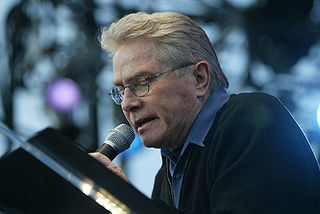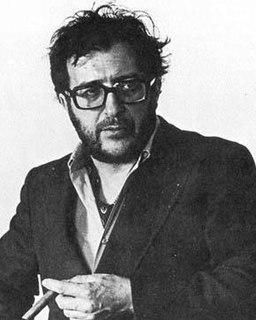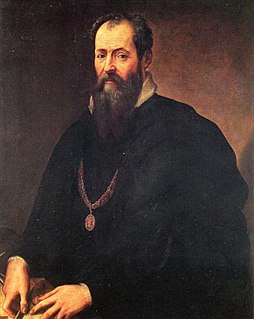A Quote by Soren Kierkegaard
Christianity demands the crucifixion of the intellect.
Quote Topics
Related Quotes
At this season of the year we draw close to Good Friday. All the eyes of the world will turn back to "a green hill far away, without a city wall," where the founder of Christianity was crucified by those forces of selfishness, greed, and lust for gain that are still at work in the world. It seems to me that unless we do something in Canada about the question of the export of war materials there will be another crucifixion - the crucifixion of a generation of young men, crucified upon a cross of nickel.
There is a quality of lightness, easiness, and in some sense blatant unseriousness that pervades Classical Christianity's dialogue with modernity. The Christian intellect has no reason to be intimidated in the presense of later-stage modernity. Christianity has seen too many 'modern eras' to be cowed by this one.
Since art is a virtue of the intellect, it demands to communicate with the entire universe of the intellect. Hence it is that the normal climate of art is intelligence and knowledge: its normal soil, the civilized heritage of a consistent and integrated system of beliefs and values; its normal horizon , the infinity of human experience enlighted by the passionate insight of anguish or the intellectual virtues of a contemplative mind.
We say then, that Christianity is adapted to the intellect, because its spirit coincides with that of true philosophy; because it removes the incubus of sensuality and low vice; because of the place it gives to truth; because it demands free inquiry; because its mighty truths and systems are brought before the mind in the same way as the truths and systems of nature; because it solves higher problems than nature can; and because it is so communicated as to be adapted to every mind.









































